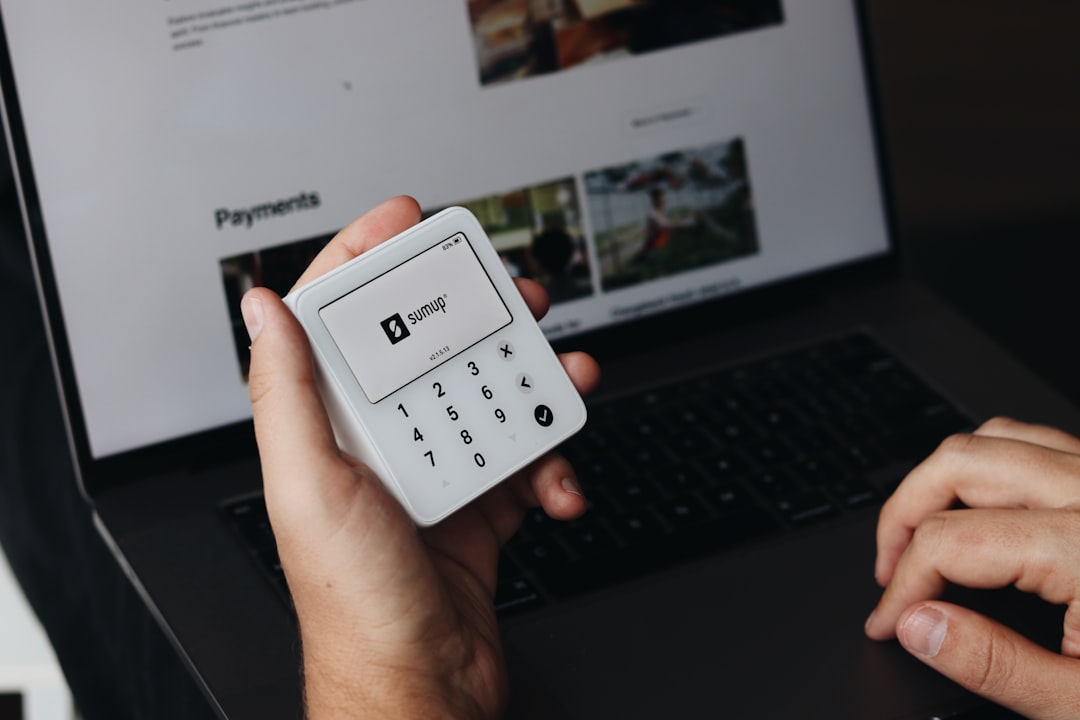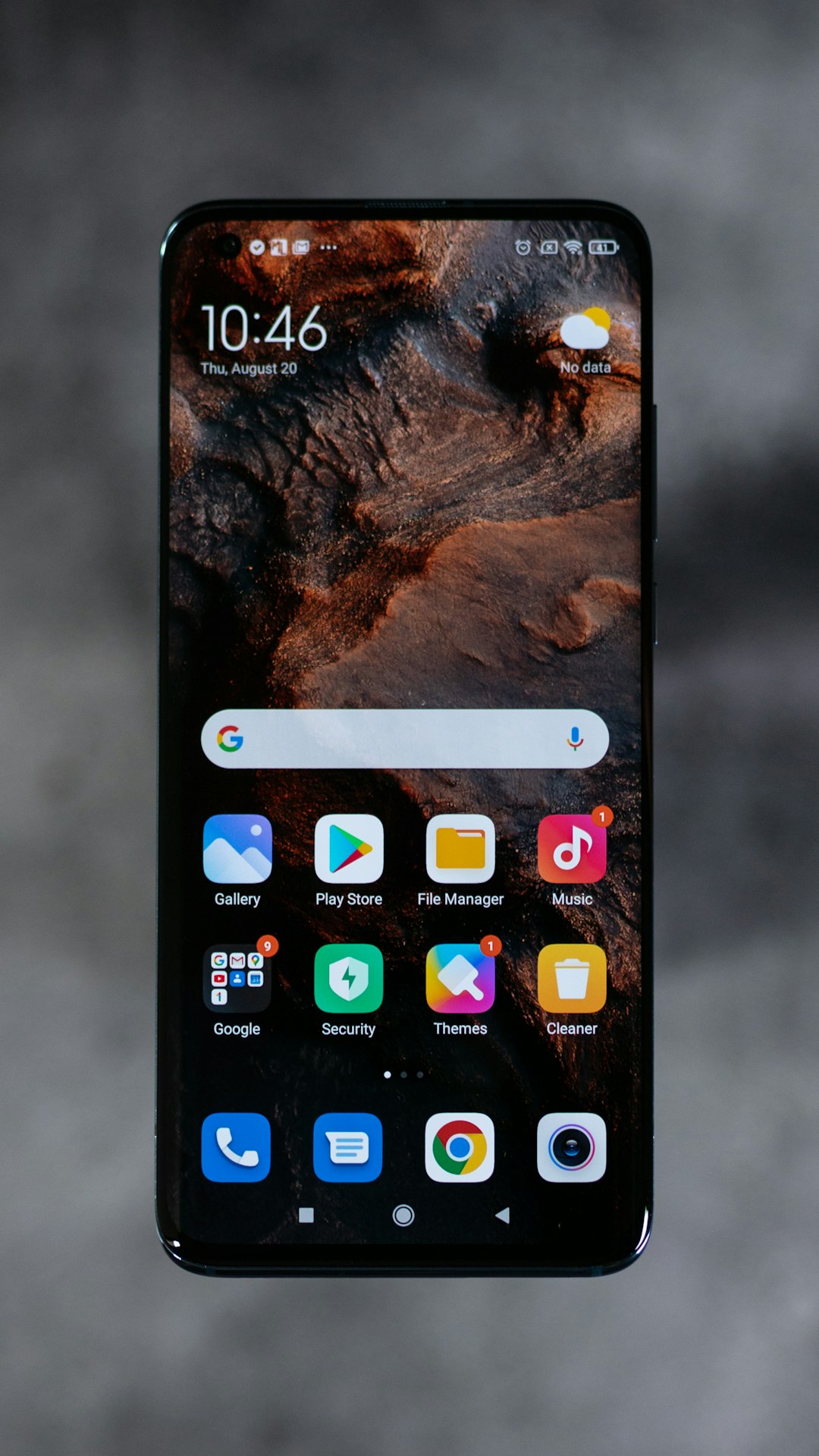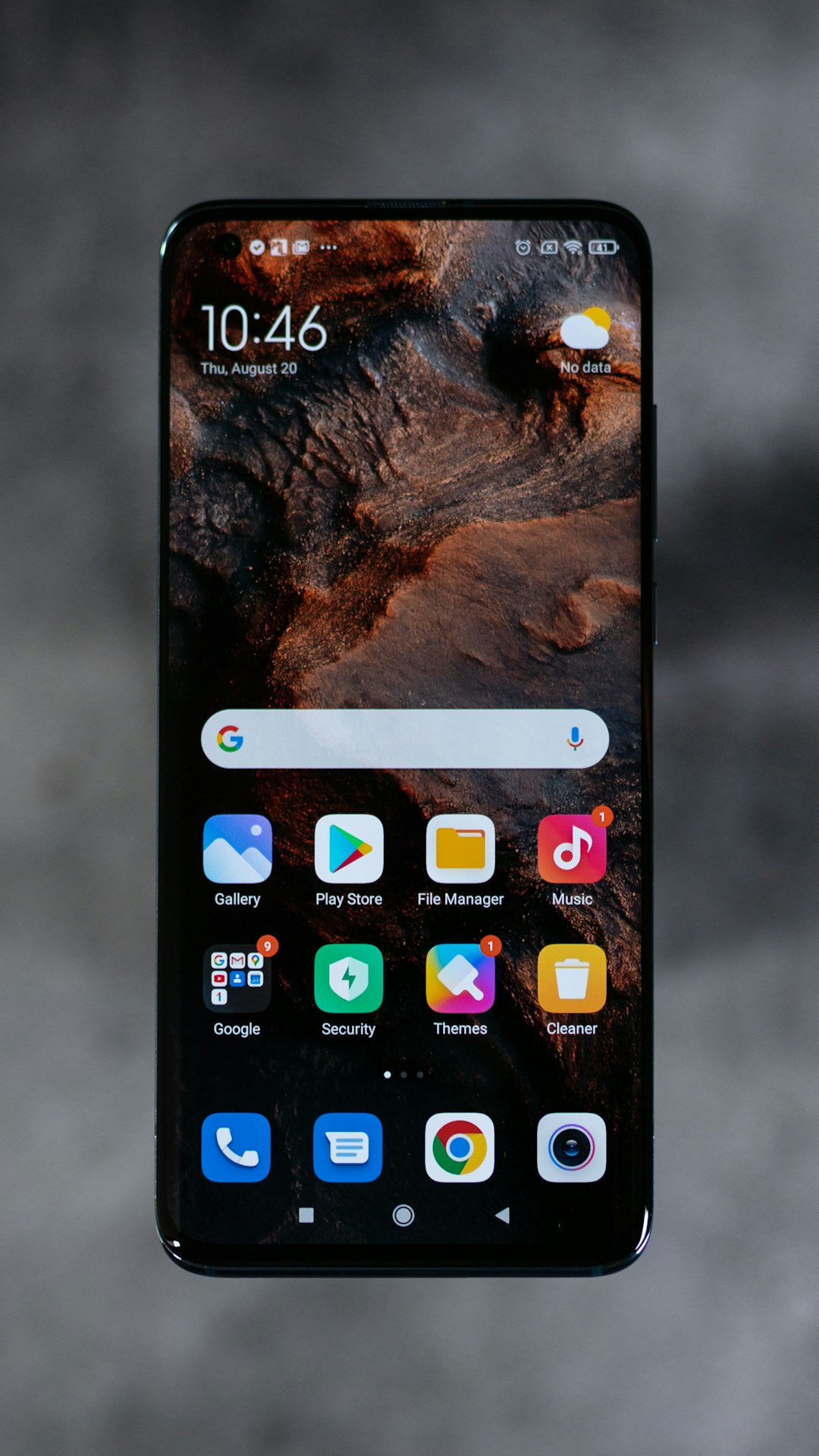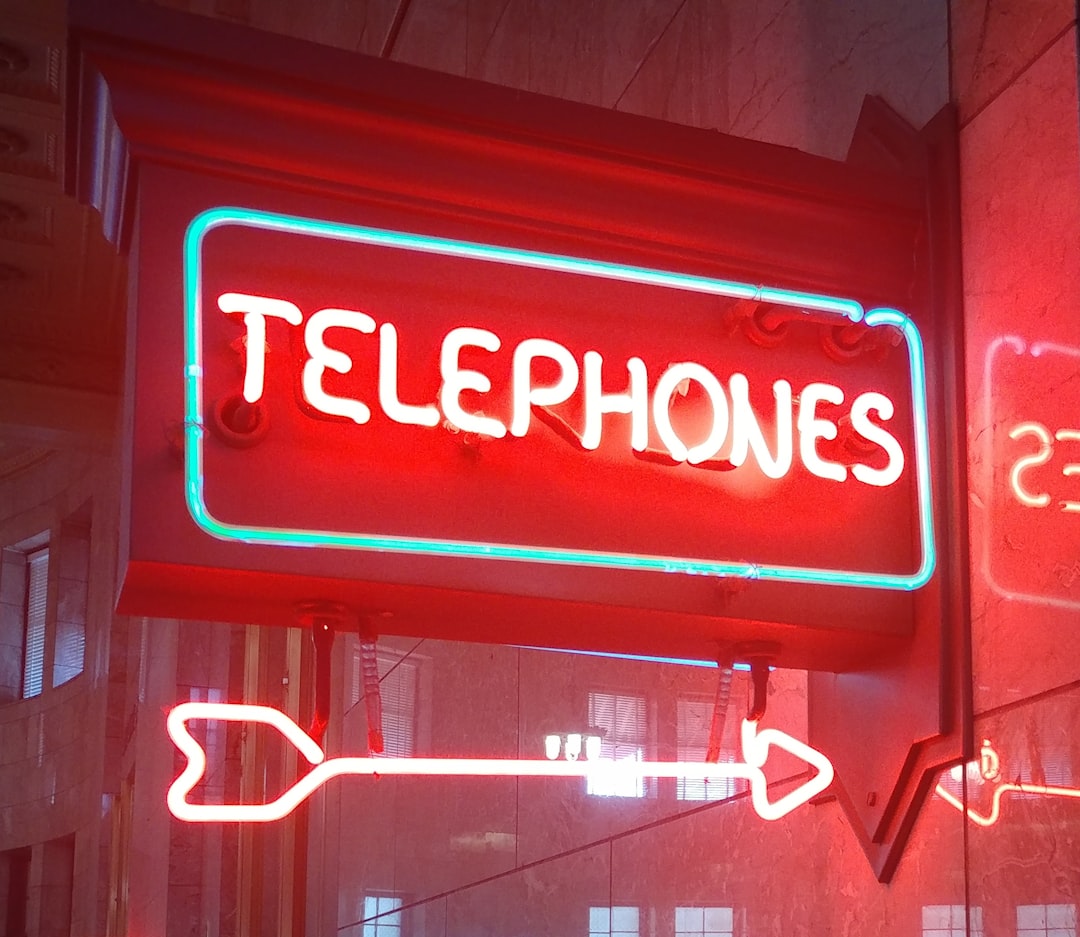Robocalls, or automated phone calls, have become a common source of frustration for Wisconsin residents due to their intrusive nature. In response, Wisconsin has implemented the Unwanted Call Law, allowing residents to register on the Do Not Call Registry and block marketing calls from law firms and call centers. These laws protect citizens from unwanted automated calls, with penalties up to $5,000 per violation enforced by the WTACP. By taking advantage of this registry, Wisconsin residents can reclaim control over their phone privacy and significantly reduce nuisance calls.
In today’s digital age, unwanted robocalls have become a ubiquitous nuisance. Understanding Wisconsin’s robust Unwanted Call Law Firm Wisconsin is crucial for both businesses and residents. This article delves into Wisconsin’s laws aimed at curbing excessive robocalls, exploring what constitutes unauthorized calls, who the protections encompass, and the penalties levied against offenders. By understanding these regulations, you can better navigate Wisconsin’s robocall regulations.
What Are Robocalls and Why Are They a Concern?

Robocalls, short for robotic calls, are automated phone calls that deliver a recorded or artificial voice message to multiple recipients simultaneously. While many legitimate businesses use robocalls for marketing purposes, they have also become a significant source of frustration and concern for many Wisconsin residents due to their unwanted nature. These pre-recorded messages can range from political announcements to sales pitches and often arrive in bulk, leaving little room for personalized communication.
In the realm of consumer protection, robocalls are a concern because they can invade personal privacy and disrupt daily life. The Unwanted Call Law Firm in Wisconsin has noted an increase in complaints related to these automated calls, leading to efforts to regulate them. With the advancement of technology, it’s become easier for call centers to target large numbers of people, sometimes without their consent, which raises important legal and ethical questions.
Wisconsin's Laws Against Unwanted Calls

Wisconsin has implemented strict laws to combat unwanted calls, providing residents with protections against excessive and nuisance phone communications. The state’s Unwanted Call Law, also known as the Do Not Call Registry, allows individuals to register their phone numbers and restrict marketing calls. This registry is a powerful tool for Wisconsin residents to reclaim control over their communication preferences.
By registering, residents can ensure that their numbers are not used for telemarketing purposes, limiting the frequency of unwanted calls from call centers and law firms in Wisconsin. The law also enables citizens to take action against persistent violators, filing complaints with the state’s regulatory bodies to enforce these regulations.
Who Does the Law Protect?

Wisconsin’s Robocall laws are designed to protect residents from unwanted calls, specifically those originating from law firms and other commercial entities. The state has implemented measures to curb excessive robocalls, ensuring that citizens can enjoy peace of mind when it comes to their phone privacy. Under these laws, businesses are restricted from making automated telephone calls to Wisconsin residents without prior explicit consent.
This includes calls from law firm collection agencies, who often use automated systems to reach a large number of people. The law aims to safeguard consumers from intrusive and potentially harassing behavior, giving them the right to refuse such calls and demanding that companies respect individual privacy preferences.
Penalties and Enforcement of Wisconsin's Robocall Regulations

In Wisconsin, violations of the unwanted call or do-not-call laws can result in significant penalties for violators. The state’s regulations are designed to protect residents from intrusive and unwanted phone calls, especially those originating from automated systems or robocalls. If a law firm or any organization engages in such practices, they may face fines ranging from $100 to $5,000 per violation, depending on the severity.
Enforcement of these laws is primarily handled by the Wisconsin Department of Agriculture, Trade and Consumer Protection (WTACP). Consumers who receive robocalls or experience violations can file complaints with the WTACP, which investigates and takes appropriate action. The department has the authority to issue citations, fines, and other penalties to ensure compliance with the unwanted call regulations, safeguarding Wisconsin residents from abusive phone marketing practices.






